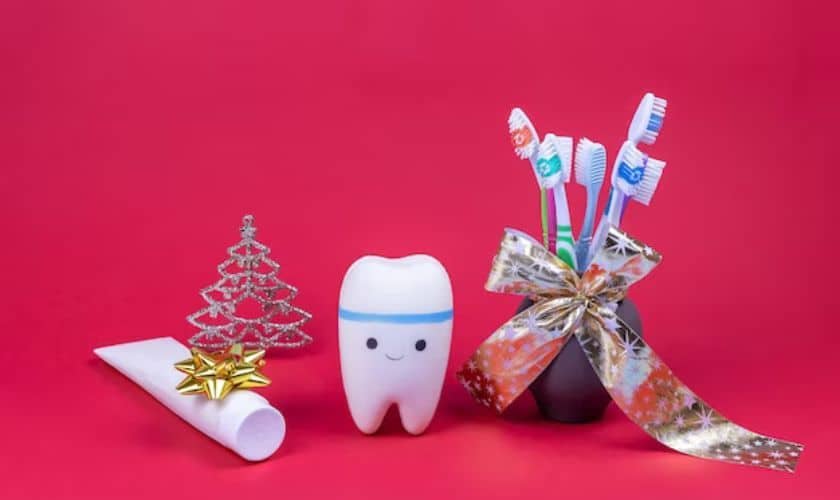You probably know all about adult dental care needs, but many people have questions about dental care for their children. Even before teeth begin to show themselves, you can take care of your infant’s gums by wiping them with a warm washcloth after feeding. As teeth begin to erupt, you can begin to gently brush with a soft toothbrush (no toothpaste necessary.) Family dentists specialize in the care of children’s teeth. These caring professionals are experienced in dealing with young patients and their special dental needs.
The Importance of Checkups
Preventive care should start early. The American Academy of Pediatric Dentists recommends making your baby’s first appointment when his or her first tooth erupts, or no later than a baby’s first birthday. Having a caring professional eye on your baby’s teeth insures that any tooth issues are caught early. Being familiar with a dental office also helps cut down on fearfulness as a child grows older.
The Role of Fluoride
Fluoride is a mineral that helps keep tooth enamel strong. Through the process of demineralization and remineralization, tooth enamel is constantly broken down by the acids in plaque, and reformed with fluoride, calcium and phosphate, from diet and other sources. A children’s dentist can administer fluoride to help prevent cavities. Dental Fluoride treatments apply fluoride in a a concentrated form. Fluoride is also present in smaller concentrations in drinking water, most toothpastes and in over-the-counter rinses. Fluoride not only strengthens the primary (or “baby”) teeth, but can be incorporated into the permanent teeth as they form in the jaw.
When Tooth Accidents Happen
Despite our best protective efforts, tooth accidents happen to children. Whether it is a minor chip to a primary tooth, or a true dental emergency, a children’s dentist can help. We may be able to polish out or fill an unsightly chip. If a permanent tooth is damaged, a cap or crown may support the tooth, and avoid extraction. Have your child wear a mouthguard during any contact sport, to protect teeth and tongue during accidental collisions.





